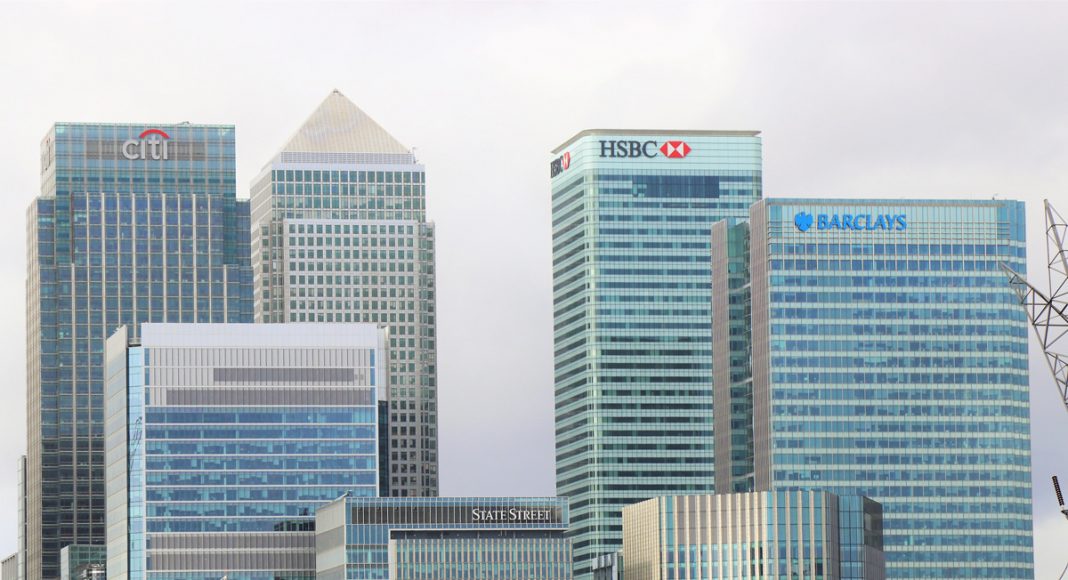One of the most dangerous aspects of the cannabis industry is that it is forced to operate as a mostly cash businesses. This puts employees and countless others at risk for violence and theft. But because marijuana is still considered a Schedule I drug in the eyes of the federal government, most, larger financial institutions simply refuse to accept deposits from the legal pot trade. The fear a relationship with weed could result in charges for money laundering. It is for this reason that a number of states, including Pennsylvania, are now pleading with Congress to pass protections that give banks and credit unions the piece of mind needed to move beyond the apprehension.
Earlier this week, Pennsylvania Governor Tom Wolf’s administration fired off a letter to Congressional leadership, asking for them “to consider legislation that creates a safe harbor for financial institutions to serve a state-compliant business, or entrusts sovereign states with the full oversight and jurisdiction of marijuana-related activity.”
-
Related Story: Study: No Crime Increase In Legal Marijuana States
The letter, which was addressed to U.S. Representatives Paul Ryan, Nancy Pelosi and U.S. Senators Mitch McConnell and Chuck Schumer, was also supported in ink by banking authorities in Alaska, Connecticut, Hawaii, Louisiana, Michigan, Montana, Nevada, New York, Oklahoma, Oregon, and Washington state, according to The Inquirer.
To be fair, the federal government has yet to investigate or prosecute any bank choosing to work with cannabis-related businesses. But it’s a schizophrenic business environment. Some of the smaller financial institutions, those that were initially comfortable enough to offer bank accounts to pot businesses, got spooked back in January when U.S. Attorney General Jeff Sessions rescinded a non-binding Obama-era guidance (Cole Memo) that allowed states to experiment with marijuana legalization without federal interference. Accounts all across the nation were closed due to the uncertainty created by this move.
As it stands, approximately 70 percent of cannabis companies are operating without a bank account.
“The well-documented conflict between federal and state law creates barriers for banks desiring to serve businesses involved in state-licensed marijuana activities,” said Pennsylvania Secretary of Banking and Securities Robin L. Wiessmann. “This raises concerns with respect to public safety, increases difficulty tracking the flow of funds, and contributes to a loss of economic activity, workforce development and community development opportunities.”
Aside from the clear obstacles, operating a “cash and carry industry” also threatens the bottom line of cannabis companies. It is easy for a marijuana dispensary to have hundreds of thousands of dollars on hand on any given day. Yet, insurance only covers a cash loss of $20,000, according to Philadelphia-based cannabis banking attorney Steve Schain.
Sadly, some state lawmakers are not even trying to help their own. In California, which launched its recreational marijuana sector at the beginning of 2018, a bill designed to establish a proper banking system for the cannabis trade was recently killed in committee. The proposal, which was introduced by Democratic Senator Bob Hertzberg, would have paved the way to state-licensed charter banks for the sole purpose of serving the cannabis trade. However, while the bill would have ensured banking services for those who cultivate and sell weed in the Golden State, it would not have shielded any of them from federal prosecution,” reports the Associated Press.
Banking protections have been introduced in Congress in the past, but they have so far failed to go the distance. It remains to be seen whether the issue has gained any ground this year.


